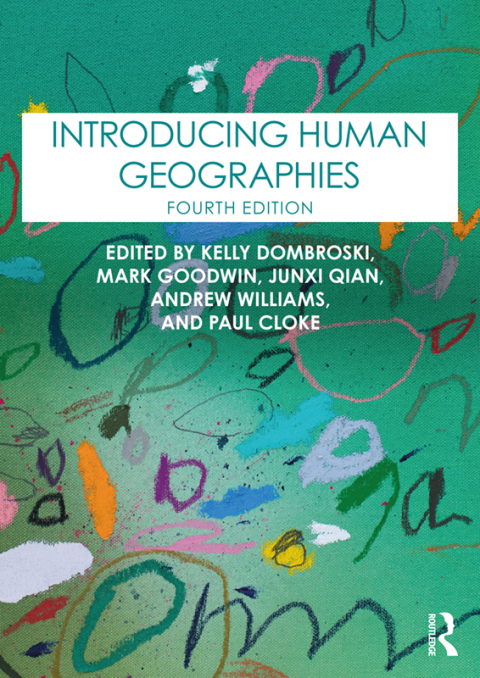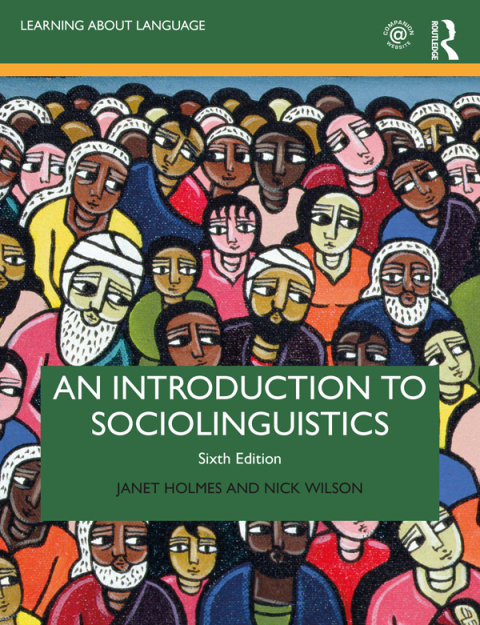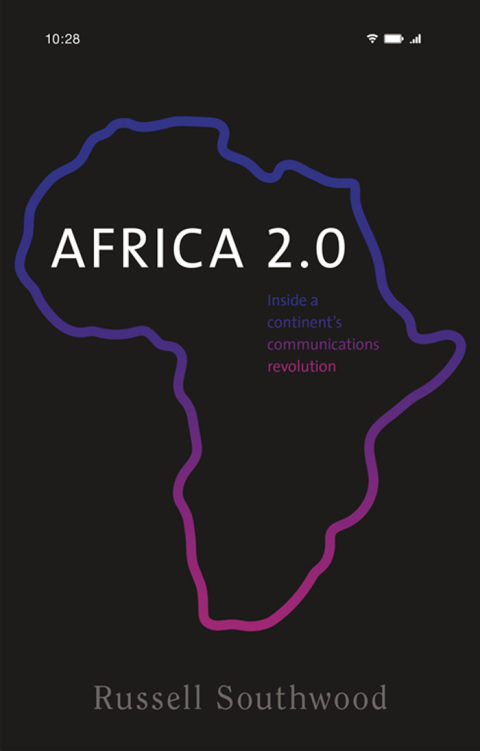Description
Efnisyfirlit
- Cover Page
- Half-Title Page
- Title Page
- Copyright Page
- Dedication Page
- Contents
- Figures
- Tables
- Contributors
- Acknowledgements
- Preface: A guide to introducing human geographies
- Part 1 Introduction
- 1 Understanding human geographies
- 2 Doing human geographies
- Part 2 Foundations
- 3 Scale
- 4 Time
- 5 Place
- 6 Landscape
- 7 More-than-human
- 8 More-than-representation
- 9 Majority and Minority Worlds
- 10 Indigeneity
- 11 Mobilities
- 12 Gender and sexuality
- 13 Ethnicity and race
- Part 3 Themes
- Section 1 Area geographies
- 14 Knowing area geographies
- 15 Urban theory
- 16 Global cities
- 17 Comparative urban studies
- 18 Rurality
- 19 Comparative ruralities
- 20 Region
- 21 Lived regions
- Section 2 Cultural geographies
- 22 Knowing cultural geographies
- 23 Imaginative geographies
- 24 Affect and emotion
- 25 Performance and the performing arts
- 26 Materialities
- 27 Travel and tourism
- 28 Religion
- 29 Spectral geography
- Section 3 Economic geographies
- 30 Knowing economies
- 31 Money and finance
- 32 Consumption
- 33 Work
- 34 Informal economies
- 35 Economic globalisation
- 36 Global economies of care
- 37 New economic geographies of development
- 38 Innovation for the pluriverse
- Section 4 Environmental geographies
- 39 Knowing environments
- 40 Global and local environmental problems and activism
- 41 Climate change
- 42 Sustainability
- 43 Nature culture
- 44 Political ecology
- 45 Rethinking environmental governance
- Section 5 Political geographies
- 46 Knowing political geographies
- 47 Territory
- 48 Nationalism and nation-states
- 49 Colonisation and colonialism
- 50 Borders
- 51 Critical geopolitics
- 52 Neoliberalism
- 53 Activism and protest
- Section 6 Social geographies
- 54 Knowing social geographies
- 55 Social inequality
- 56 Stigma and exclusion
- 57 Migration and diaspora
- 58 Identity and difference
- 59 Age and the geographies of childhood and youth
- 60 Health and wellbeing
- 61 Care and responsibility
- Part 4 Collaborations
- Section 1 Collaborations for the Anthropocene
- 62 Anthropocene collaborations
- 63 Environmental humanities
- 64 Postcapitalist geographies
- 65 Commons
- Section 2 Collaborations with technology
- 66 Big data
- 67 Participatory cartographies for social change
- 68 Smart cities and everyday urbanism
- 69 Ordinary technologies of everyday life
- Section 3 Collaborations with justice
- 70 Black geographies
- 71 Decolonisation
- 72 Queer geographies
- 73 Spiritual activism and postsecularity
- Part 5 Afterword
- Afterword: Going forward with human geography
- Glossary
- Index






